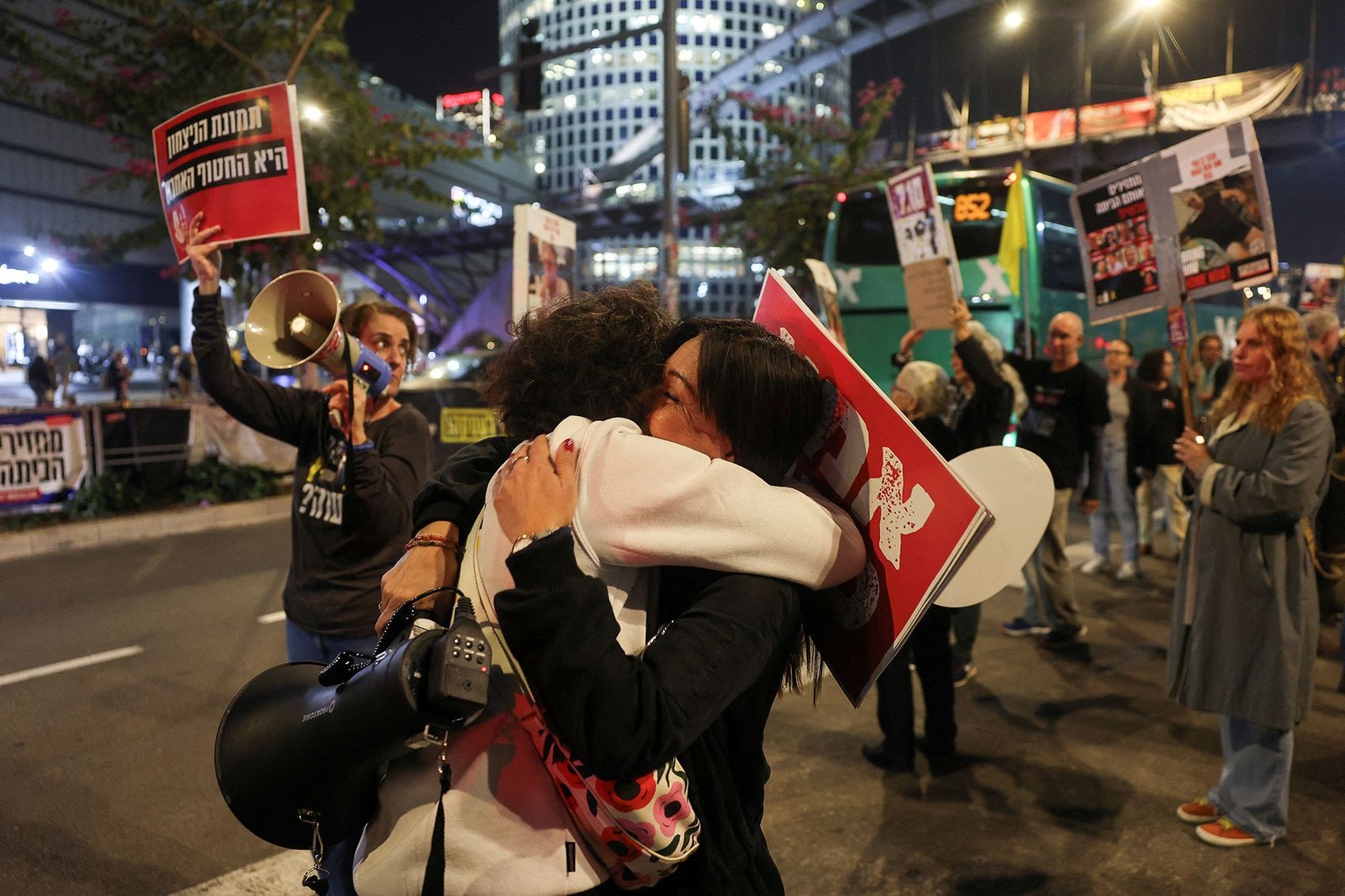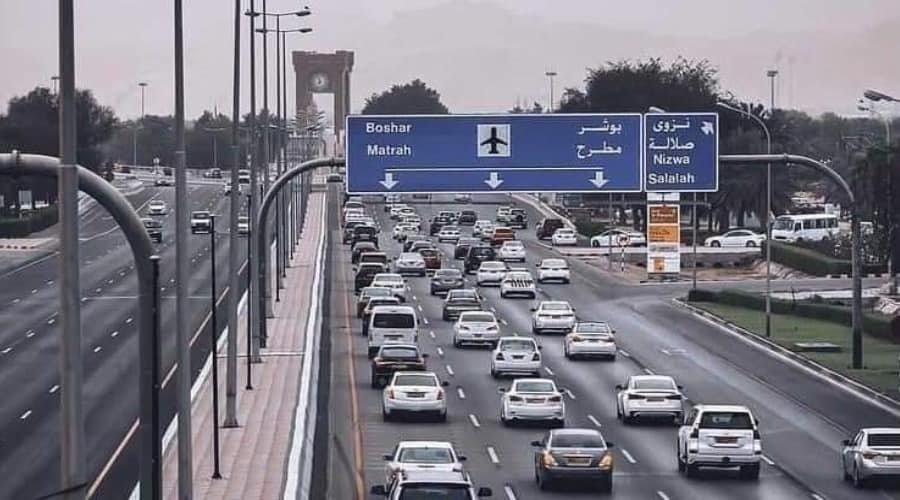MUSCAT: The Sultanate of Oman is distinguished by its unique political landscape, characterized by the near absence of formal political parties. Instead of partisan politics, the country relies heavily on tribal affiliations and traditional consultative mechanisms to govern and make decisions. The structure emphasizes inclusivity through dialogue and consensus, often facilitated by local leaders and community elders, ensuring that governance reflects the diverse interests of the population while maintaining social cohesion. This approach is seen as a stabilizing factor in Oman’s political system, balancing modernization with longstanding cultural traditions.
Decision-making in Oman often involves extensive consultation with tribal representatives and community leaders. These consultations occur at various levels, from local councils to national advisory bodies, ensuring that multiple perspectives are considered before implementing policies. The Majlis al-Shura, or Consultative Council, is a key institution in this framework, allowing elected representatives to provide input on legislation, budgetary allocations, and social programs. While it does not function like a Western-style parliamentary system, its advisory role strengthens the connection between citizens and the state.
The limited role of political parties also influences the Sultanate’s policy consistency. Without competing party agendas, the government can implement long-term strategies without abrupt shifts in direction that might occur in more partisan environments. This stability is particularly important given Oman’s strategic location in the Gulf, its reliance on hydrocarbon revenues, and the ongoing efforts to diversify its economy. The consultative approach ensures that policies are tailored to local needs while remaining aligned with national objectives, providing both flexibility and continuity in governance.
Public engagement in Oman is therefore framed less around party politics and more around participation in tribal, civic, and consultative processes. Citizens are encouraged to voice opinions through established forums and community meetings, fostering a sense of shared responsibility in societal development. While critics sometimes point to the absence of political parties as a limitation on political pluralism, supporters argue that this system minimizes conflict, emphasizes consensus, and allows Oman to maintain social harmony while navigating the challenges of modernization and economic diversification.



